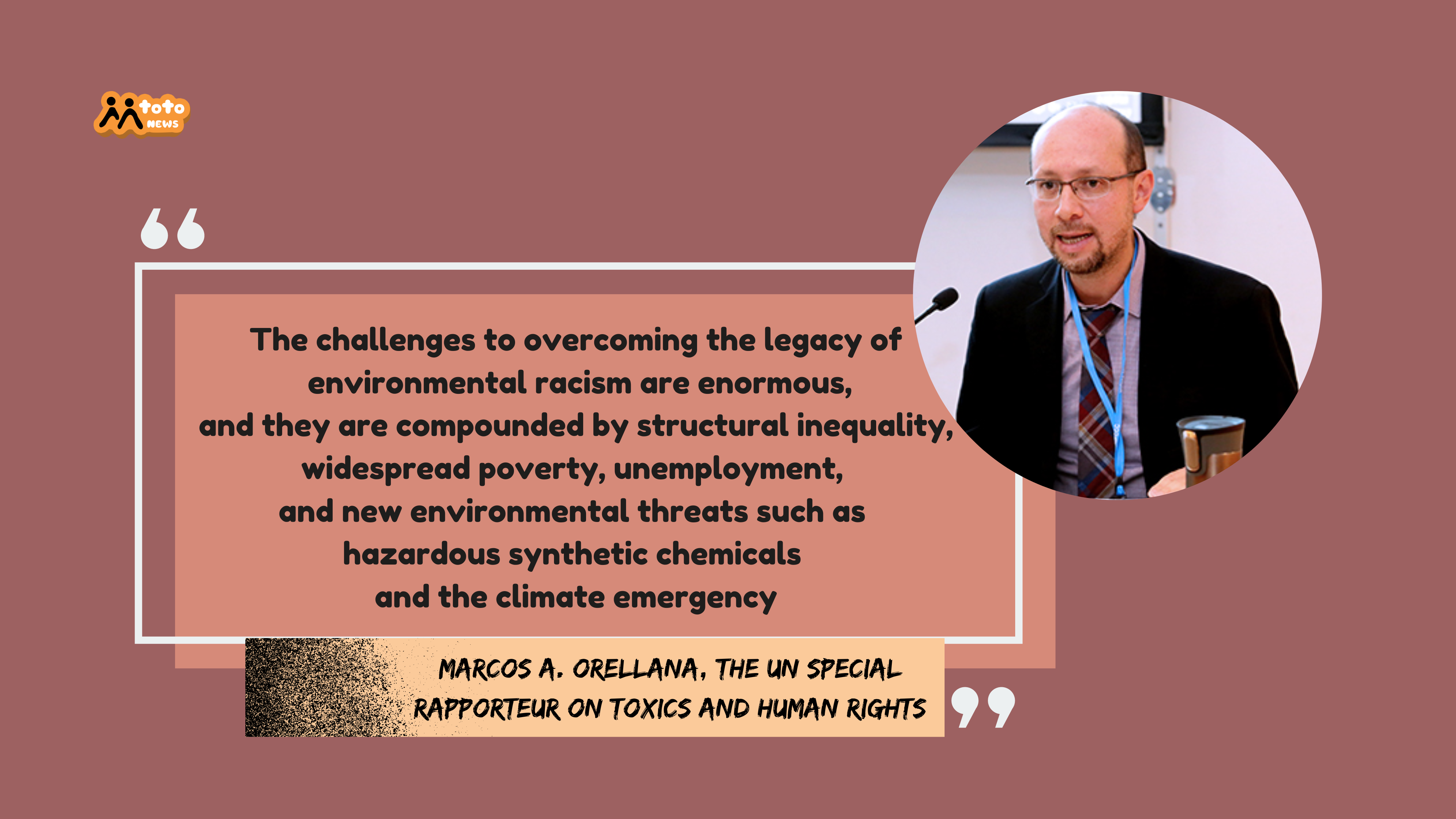
Environmental racism and toxic pollution are posing significant threats to the health and well-being of children around the world. These issues particularly affect marginalized communities, where children often face the most severe consequences.
Additionally, exposure to environmental racism and toxic pollution during childhood can have lasting effects on health throughout a person’s life. Furthermore, the inequalities created by these environmental challenges can perpetuate cycles of poverty and poor health within marginalized communities.
In a recent visit to South Africa, Marcos A. Orellana, the UN Special Rapporteur on Toxics and Human Rights, has highlighted the pressing issues of environmental racism and toxic pollution in the country. Orellana’s observations shed light on the challenges faced by marginalized communities and the urgent need for stronger environmental regulations and accountability.
During his visit, Orellana praised the South African government’s dedication to environmental protection and human rights. However, he also emphasized the ongoing problems stemming from environmental racism, where low-income and migrant communities bear the brunt of air and water pollution.
Despite efforts made since 1994 to address these disparities, persistent challenges remain, exacerbated by structural inequalities, widespread poverty, unemployment, corruption, energy crises, and emerging environmental threats like climate change.
One of the key issues Orellana pointed out was the historical legacy of environmental racism in South Africa. He noted that outdated laws from before 1994 and regulatory fragmentation are hindering effective environmental legislation.
The establishment of the Multi-stakeholder Committee on Chemicals Management was recognized as a positive step, but Orellana underscored the need for better coordination and enforcement in waste management and chemical control. Additionally, issues in governance, accountability, transparency, and public participation were raised as areas needing improvement.
Toxic challenges faced by South Africa, including air pollution, mining, hazardous chemicals, and waste management, were highlighted by Orellana. He particularly emphasized the health impacts of air pollution from coal-burning power plants and stressed the importance of transitioning to renewable energy sources.
The detrimental effects of mining, especially abandoned mines and acid mine drainage, were also addressed as significant environmental concerns.
Orellana’s visit resulted in a series of recommendations to tackle the identified challenges. He called for a more robust legislative framework for managing chemicals and waste, with a focus on banning the import of highly hazardous pesticides.
Orellana also urged stronger efforts toward compensating and holding accountable the communities affected by toxic pollution. He encouraged South Africa to align its strategies with international agreements like the Minamata Convention on Mercury.
In his concluding remarks, Orellana underscored the essential nature of a healthy environment for all South Africans. He urged the government to prioritize enforcing environmental laws, fostering accountability, and ensuring the well-being of marginalized communities.
The UN Special Rapporteur’s comprehensive observations provided valuable insights into South Africa’s struggle against environmental racism and toxic pollution, while also acknowledging the country’s strides toward progress and change.
Addressing these issues requires a multi-faceted approach. Governments, industries, and communities must work together to implement and enforce stronger environmental regulations that prevent the unequal distribution of pollution. Efforts should also focus on providing better access to healthcare and education for children in affected areas.

Leave a Reply